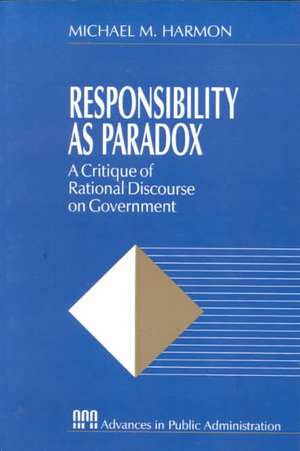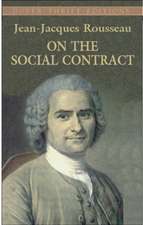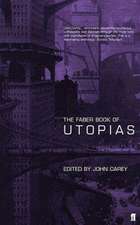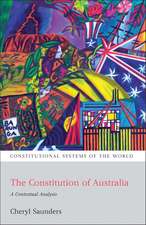Responsibility as Paradox: A Critique of Rational Discourse on Government: Rethinking Public Administration, cartea 1
Autor Michael M. Harmonen Limba Engleză Paperback – 27 iun 1995
Preț: 611.89 lei
Preț vechi: 719.87 lei
-15% Nou
Puncte Express: 918
Preț estimativ în valută:
117.08€ • 122.01$ • 96.95£
117.08€ • 122.01$ • 96.95£
Carte tipărită la comandă
Livrare economică 03-17 aprilie
Preluare comenzi: 021 569.72.76
Specificații
ISBN-13: 9780803970083
ISBN-10: 0803970080
Pagini: 245
Dimensiuni: 154 x 229 x 16 mm
Greutate: 0.41 kg
Ediția:1
Editura: SAGE Publications
Colecția Sage Publications, Inc
Seria Rethinking Public Administration
Locul publicării:Thousand Oaks, United States
ISBN-10: 0803970080
Pagini: 245
Dimensiuni: 154 x 229 x 16 mm
Greutate: 0.41 kg
Ediția:1
Editura: SAGE Publications
Colecția Sage Publications, Inc
Seria Rethinking Public Administration
Locul publicării:Thousand Oaks, United States
Cuprins
Foreword - Bayard L Catron
Series Editor's Introduction - Henry D Kass
Introduction
Three Meanings of Responsibility
Agency, Accountability, and Obligation
The Rationalist Conception of Responsible Government
Paradox and Personal Responsibility
The Paradox of Obligation
The Paradox of Agency
The Paradox of Accountability
Conclusion
Rationalism and the Paradox of Courage
Series Editor's Introduction - Henry D Kass
Introduction
Three Meanings of Responsibility
Agency, Accountability, and Obligation
The Rationalist Conception of Responsible Government
Paradox and Personal Responsibility
The Paradox of Obligation
The Paradox of Agency
The Paradox of Accountability
Conclusion
Rationalism and the Paradox of Courage
Descriere
Exploring the concept of responsible government and administration, this book creates a new paradigm for looking at the issue. Michael M Harmon rejects the current predominant `rationalist' theory, which holds that responsibility involves an intractable conflict between the potential free will of an actor and the restrictions of the institution within which the actor operates. He suggests that public administration must undergo a paradigm shift in which institutional restrictions and individual free will create a healthy and dynamic tension and are not completely incompatible.



















